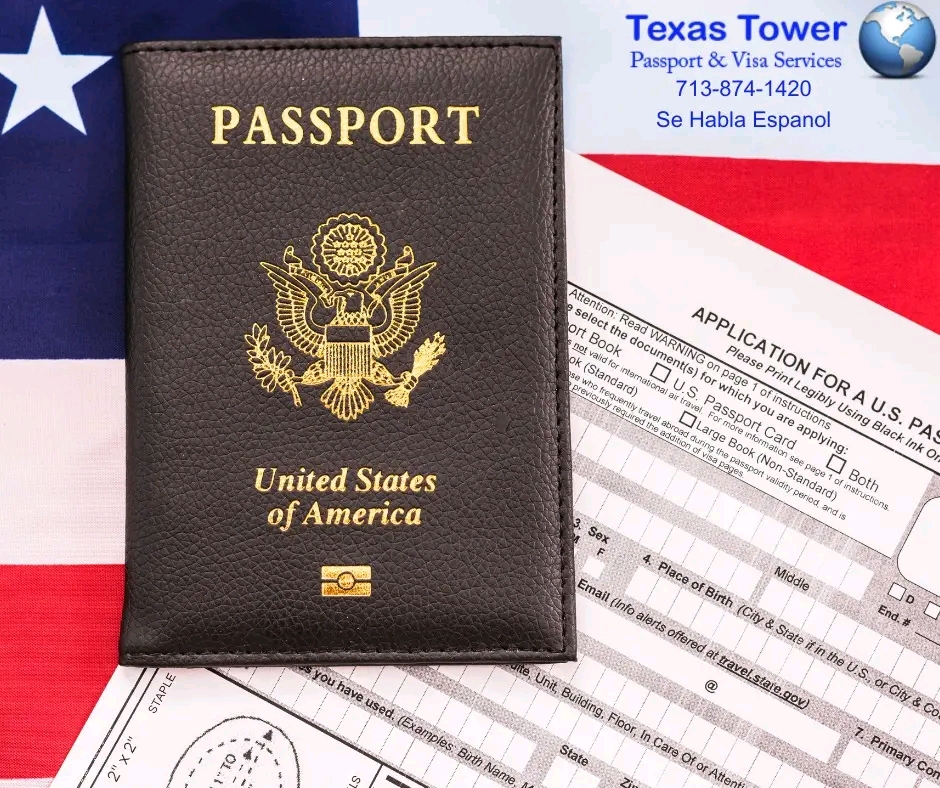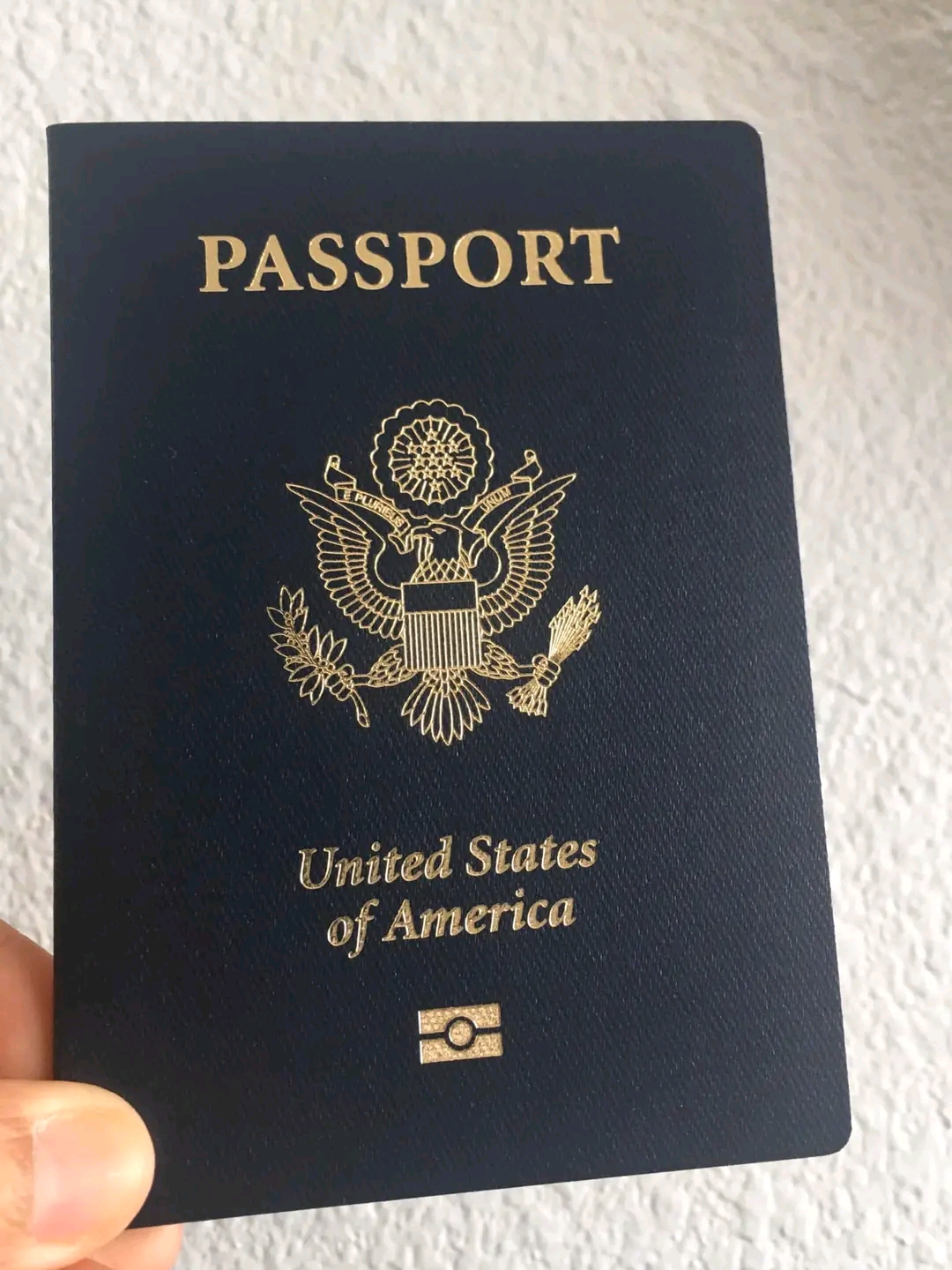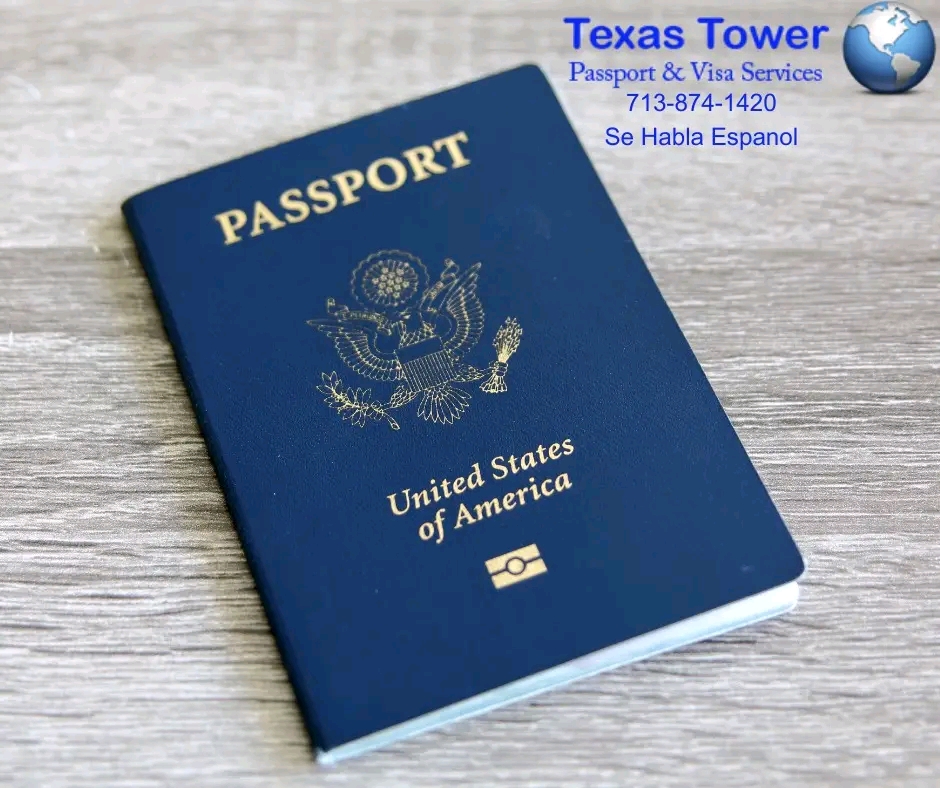3 Ways to Become a Citizen of the United States Of America: A Comprehensive Guide

Becoming a citizen of the United States is a dream for many around the world. The benefits are numerous, from the right to vote to the ability to live and work in one of the world’s most dynamic and diverse countries. If you’re considering this life-changing journey, it’s essential to understand the pathways available. Here, we outline the three primary ways to become a citizen of the United States: through naturalization, marriage, and military service.

1. Naturalization
Naturalization is the process by which a non-citizen voluntarily becomes a U.S. citizen. This is the most common pathway for immigrants seeking to become citizens.
Eligibility Criteria
To be eligible for naturalization, applicants must meet several criteria:
- Age: You must be at least 18 years old.
- Residency: You must have been a lawful permanent resident (green card holder) for at least five years. If you are married to a U.S. citizen, this period is reduced to three years.
- Physical Presence: You must have been physically present in the U.S. for at least 30 months within the five years before applying. If married to a U.S. citizen, this requirement is 18 months within three years.
- Continuous Residence: You must have lived continuously in the U.S. as a green card holder.
- Good Moral Character: You must demonstrate good moral character, which means not having committed certain crimes or violating immigration laws.
Application Process
- Complete Form N-400: Submit the Application for Naturalization (Form N-400) along with the required documents and fees.
- Biometrics Appointment: Attend a biometrics appointment for fingerprinting and background checks.
- Interview and Civics Test: Attend an interview with a USCIS officer, during which you will be tested on your knowledge of U.S. history, government, and your English language ability.
- Oath of Allegiance: If approved, you will attend a naturalization ceremony and take the Oath of Allegiance to the United States.
Benefits
- Full legal rights and protections as a U.S. citizen.
- The right to vote in federal, state, and local elections.
- The ability to sponsor family members for green cards.
2. Citizenship Through Marriage
Marrying a U.S. citizen is another pathway to citizenship, though it involves specific requirements and a different process.
Eligibility Criteria
- Marriage: You must be legally married to a U.S. citizen and living in marital union for at least three years.
- Residency: You must be a lawful permanent resident for at least three years.
- Physical Presence: You must have been physically present in the U.S. for at least 18 months within the three years before applying.
- Continuous Residence: You must have lived continuously in the U.S. as a green card holder.
- Good Moral Character: Demonstrate good moral character, similar to the naturalization process.
Application Process
- Obtain a Green Card: First, you must apply for and receive a green card through marriage, which involves submitting Form I-130 (Petition for Alien Relative) and Form I-485 (Application to Register Permanent Residence or Adjust Status).
- Complete Form N-400: After holding a green card for three years, submit Form N-400, Application for Naturalization.
- Biometrics Appointment: Attend a biometrics appointment.
- Interview and Civics Test: Attend an interview and take the civics and English tests.
- Oath of Allegiance: If approved, take the Oath of Allegiance.
Benefits
- Accelerated path to citizenship compared to the general naturalization process.
- The ability to live and work in the U.S. with your spouse.
- Access to the same rights and privileges as other U.S. citizens.
3. Citizenship Through Military Service
Military service is a unique and honorable pathway to U.S. citizenship, offering expedited processing and certain exemptions.
Eligibility Criteria
- Service: You must serve honorably in the U.S. Armed Forces for at least one year, or during designated periods of hostilities.
- Residency: Typically, you must be a lawful permanent resident, though certain exemptions apply during periods of hostilities.
- Good Moral Character: Demonstrate good moral character and meet other standard requirements.
Application Process
- Complete Form N-400: Submit Form N-400, Application for Naturalization, along with Form N-426 (Request for Certification of Military or Naval Service).
- Expedited Processing: Military service members benefit from expedited processing and are exempt from certain residency and physical presence requirements.
- Interview and Civics Test: Attend an interview and take the civics and English tests, though there are certain exemptions based on service.
- Oath of Allegiance: Take the Oath of Allegiance, often conducted in a special ceremony for service members.
Benefits
- Expedited path to citizenship.
- Exemptions from certain residency and physical presence requirements.
- Full rights and protections as a U.S. citizen.
Good Moral Character: A Key Requirement for U.S. Citizenship
When applying for U.S. citizenship through naturalization, one crucial requirement is demonstrating “good moral character” (GMC). This concept is integral to the naturalization process and ensures that applicants align with the ethical standards expected of U.S. citizens. Here’s a comprehensive guide to understanding what constitutes good moral character and how to demonstrate it during your citizenship application process.
What Is Good Moral Character?
Good moral character means adhering to the moral and ethical standards of American society. It encompasses honesty, integrity, and respect for the law. U.S. Citizenship and Immigration Services (USCIS) evaluates an applicant’s moral character based on their behavior and conduct over a specified period, typically the five years preceding the application (or three years if applying through marriage to a U.S. citizen).
Factors Considered in Determining Good Moral Character
USCIS assesses various factors to determine whether an applicant meets the good moral character requirement. Key considerations include:
1. Criminal Record
- Crimes Involving Moral Turpitude (CIMT): Certain crimes, known as CIMTs, can disqualify an applicant. These crimes typically involve fraud, theft, or violent behavior. Examples include murder, rape, and aggravated assault.
- Drug Offenses: Convictions for drug offenses, particularly those involving controlled substances, can impact your eligibility.
- Habitual Drunkenness: A history of habitual drunkenness or alcohol-related offenses can be a negative factor.
- Other Offenses: USCIS also considers other criminal activities, such as gambling offenses, prostitution, and smuggling.
2. False Testimony
Providing false information or lying during the naturalization process is a severe offense. This includes lying on your application, during interviews, or any other communication with immigration authorities.
3. Failure to Pay Child Support or Alimony
Failing to fulfill court-ordered obligations such as child support or alimony payments can negatively affect your application. Demonstrating financial responsibility and adhering to legal obligations is essential.
4. Tax Evasion
Not filing or paying taxes can be seen as a lack of good moral character. Ensure that your tax records are up to date and accurately reflect your financial activities.
5. Polygamy
Practicing polygamy, or being married to more than one person simultaneously, is considered a violation of U.S. moral standards.
6. Terrorist Acts or Affiliations
Involvement in or support for terrorist activities or organizations is an automatic disqualification for U.S. citizenship.
Demonstrating Good Moral Character
To prove good moral character, you should maintain a clean legal record and demonstrate ethical behavior consistently. Here are some steps to help ensure you meet the GMC requirement:
1. Stay Law-Abiding
Avoid any activities that could lead to criminal charges. Adhere strictly to all federal, state, and local laws. Even minor infractions can raise questions about your moral character.
2. Be Honest
Always provide truthful information on your application and during interviews. Integrity is a cornerstone of good moral character, and dishonesty can have severe consequences.
3. Fulfill Financial Obligations
Make sure you are up-to-date with any child support, alimony, and tax payments. Keep accurate financial records and comply with all legal requirements.
4. Community Involvement
Engaging in community service or other positive community activities can demonstrate your commitment to good moral character. Volunteering and participating in local events show your dedication to contributing positively to society.
5. Good Moral Character References
Gather character references from employers, community leaders, or other respected individuals who can vouch for your good moral character. These references should be familiar with your behavior and conduct over a significant period.
Exceptions and Special Considerations
USCIS reviews good moral character on a case-by-case basis. Some applicants may qualify for exceptions or waivers based on specific circumstances, such as:
1. Humanitarian Reasons
In some cases, humanitarian considerations may mitigate certain offenses. If you have a compelling humanitarian reason, it’s essential to provide detailed documentation and explanations.
2. Rehabilitation
If you have a past conviction, demonstrating rehabilitation and positive contributions to society since the offense can be crucial. Providing evidence of community service, stable employment, and personal growth can help.
Conclusion
Becoming a U.S. citizen is a significant achievement that opens up numerous opportunities and benefits. Whether you pursue citizenship through naturalization, marriage, or military service, understanding the requirements and process is crucial. Each pathway has its own set of criteria and steps, but all lead to the same rewarding outcome: the chance to be a part of the United States of America. If you meet the eligibility requirements, take the next step towards your American dream by starting your application today.
arewanahiya.com










